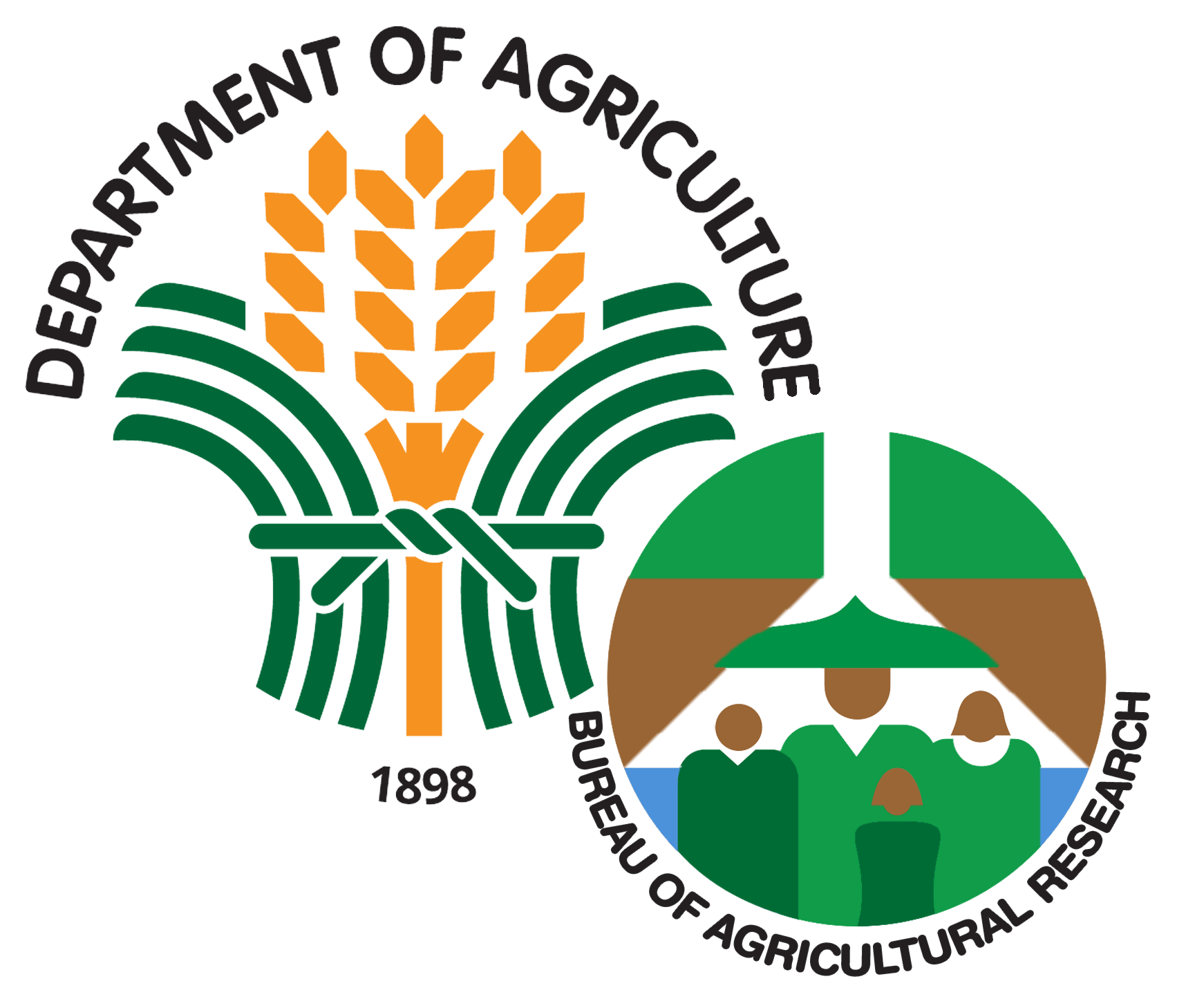Agrobiodiversity use and conservation towards sustainable food systems
“The project creates awareness on the contribution and importance of agrobiodiversity conservation and sustainable use in the pursuit of sustainable food systems,” Engr. Ariel Cayanan, Department of Agriculture (DA) undersecretary for operations and agri-mechanization, said during the agrobiodiversity online symposium on 15 June 2021 via video conferencing.
As part of the United Nations Food Security Summit (UNFSS) series of activities, the DA and the Food and Agriculture Organization of the United Nations (FAO) spearheaded the said online symposium titled, “Dynamic Conservation and Sustainable Use of Agrobiodiversity in Traditional Agroecosystems: Empowering IPs towards Sustainable Food Production Systems.”
Livestreamed via DA-Bureau of Agricultural Research (BAR)’s official Facebook page, representatives from FAO provided an overview of the DA-BAR-FAO project, “Dynamic Conservation and Sustainable Use of Agro-Biodiversity in Traditional Agroecosystems of the Philippines” (ABD Project). Also included in the presentations were the developed policies on agrobiodiversity for the empowerment of the vulnerable sector, different piloting activities on agrobiodiversity conservation and sustainable use practices, and developed communication and knowledge products.
“In relation to this, the project is also very much anchored to the United Nations’ 17 Sustainable Development Goals (SDGs)— more specifically on the second goal, which is zero hunger,” Usec. Cayanan, also serving as Project Steering Committee (PSC) chair, emphasized.
The presentation further underscored various activities that have empowered Indigenous Peoples of its pilot sites – Hingyon and Hungduan in Ifugao are primarily populated by the Tuwali group while T’bolis are the largest indigenous group in Lake Sebu. They served as partner beneficiaries who participated in the enhancement and expansion of dynamic conservation practices. Seventeen community seedbanks were provided to the 17 pilot barangays as well.
The project also capacitated the IP communities in value addition and enterprise development for the identified agrobiodiversity crops— traditional rice varieties, taro, yam, banana, ginger, tomato, and abaca, among others.
Working closely with the local government units (LGUs), the project has enhanced and expanded the knowledge among local decision makers and community members on the application of dynamic ABD conservation practices and their relation to cultural heritage, hence, intensifying knowledge sharing.
Local communities were also given access to farming and food processing tools, equipment, and facilities to improve productivity and sustainability while reducing postharvest losses.
Farmer partners from the IP Communities and LGU representatives shared their testimonials via video.
Sharing key messages during the symposium were Dr. Vivencio Mamaril, DA-FAO PSC co-chair and DA-BAR director; and Kati Hannele Tanninen, FAO representative in the Philippines.
Providing an overview of the UNFSS, Usec. Rodolfo Vicerra, PSC co-chair and DA undersecretary for policy and planning discussed the different actions tracks. These include access to safe and nutritious food for all; sustainable consumption; nature-positive production; livelihoods and equality; and boost resilience to vulnerabilities, shocks, and stress.
The United Nations is organizing the 2021 UNFSS on 28-29 July 2021 in Rome, Italy. Related to this, the UN Food Systems Summit will launch bold new actions, solutions and strategies to deliver progress on all 17 SDGs, each of which relies on healthier, more sustainable and more equitable food systems.


